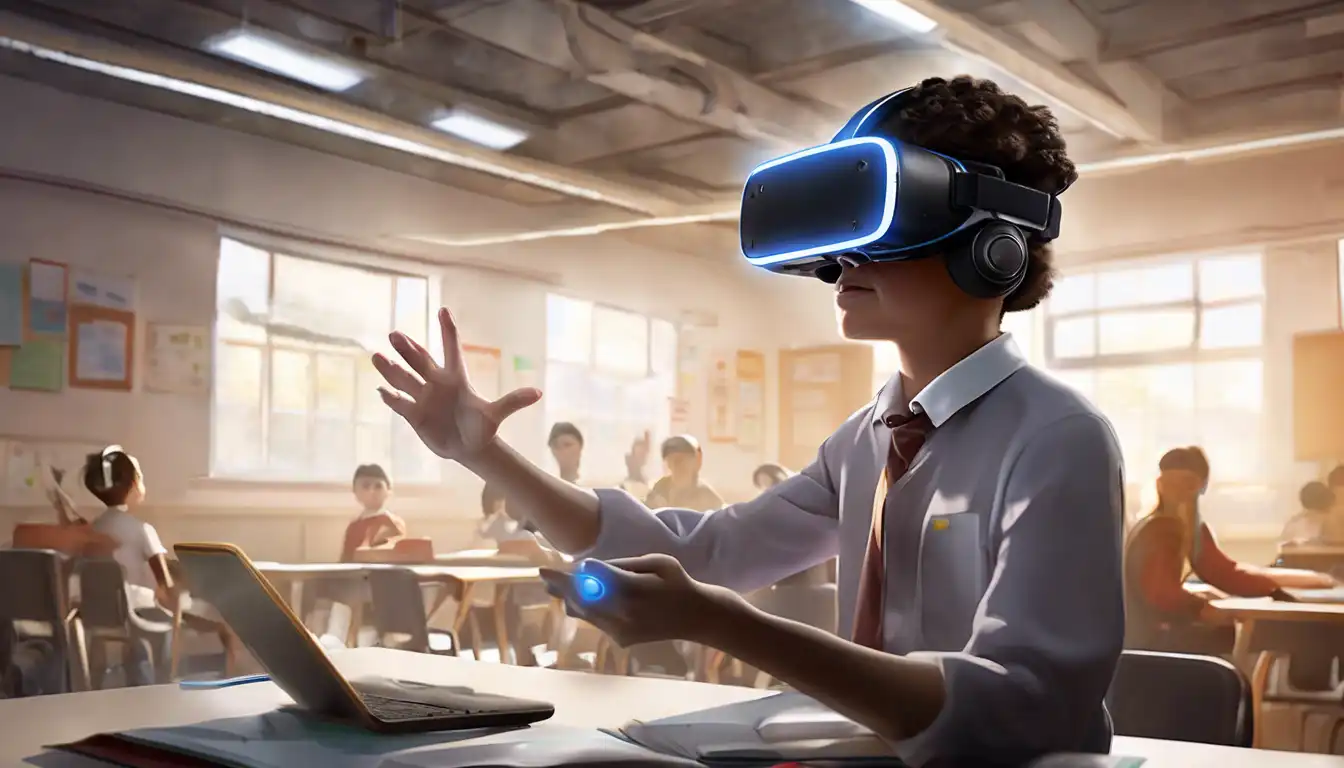The Transformative Impact of Virtual Reality on Learning and Skill Development
Virtual Reality (VR) technology has rapidly evolved from a futuristic concept into a practical tool that is reshaping the landscape of education and training. By immersing users in a simulated environment, VR offers unparalleled opportunities for experiential learning, making it a powerful medium for both academic and professional development.
Why VR is a Game-Changer in Education
Traditional learning methods often struggle to engage students or provide hands-on experience in complex subjects. VR addresses these challenges by creating interactive, three-dimensional worlds where learners can explore concepts in a dynamic way. For instance, medical students can perform virtual surgeries, gaining valuable experience without the risks associated with real-life procedures.
Enhancing Training Programs with VR
In the corporate sector, VR is revolutionizing training programs by simulating real-world scenarios. Employees can practice responding to emergencies, operating machinery, or improving customer service skills in a controlled, virtual setting. This not only boosts confidence but also significantly reduces training costs and risks.
Key Benefits of VR in Education and Training
- Engagement: VR's immersive nature captures learners' attention more effectively than traditional methods.
- Retention: Experiential learning through VR enhances memory retention and understanding.
- Accessibility: VR makes high-quality education and training accessible to people regardless of their geographical location.
- Safety: Dangerous or expensive training scenarios can be safely simulated in VR.
Challenges and Considerations
Despite its potential, the adoption of VR in education and training faces hurdles such as high costs, technological limitations, and the need for specialized content. However, as technology advances and becomes more affordable, these challenges are gradually being overcome.
The Future of VR in Learning
The future of VR in education and training looks promising, with ongoing advancements in technology paving the way for more immersive and interactive learning experiences. As VR becomes more integrated into curricula and training programs, it will continue to transform how knowledge is acquired and skills are developed.
For more insights into the latest trends in educational technology, explore our educational technology section.
